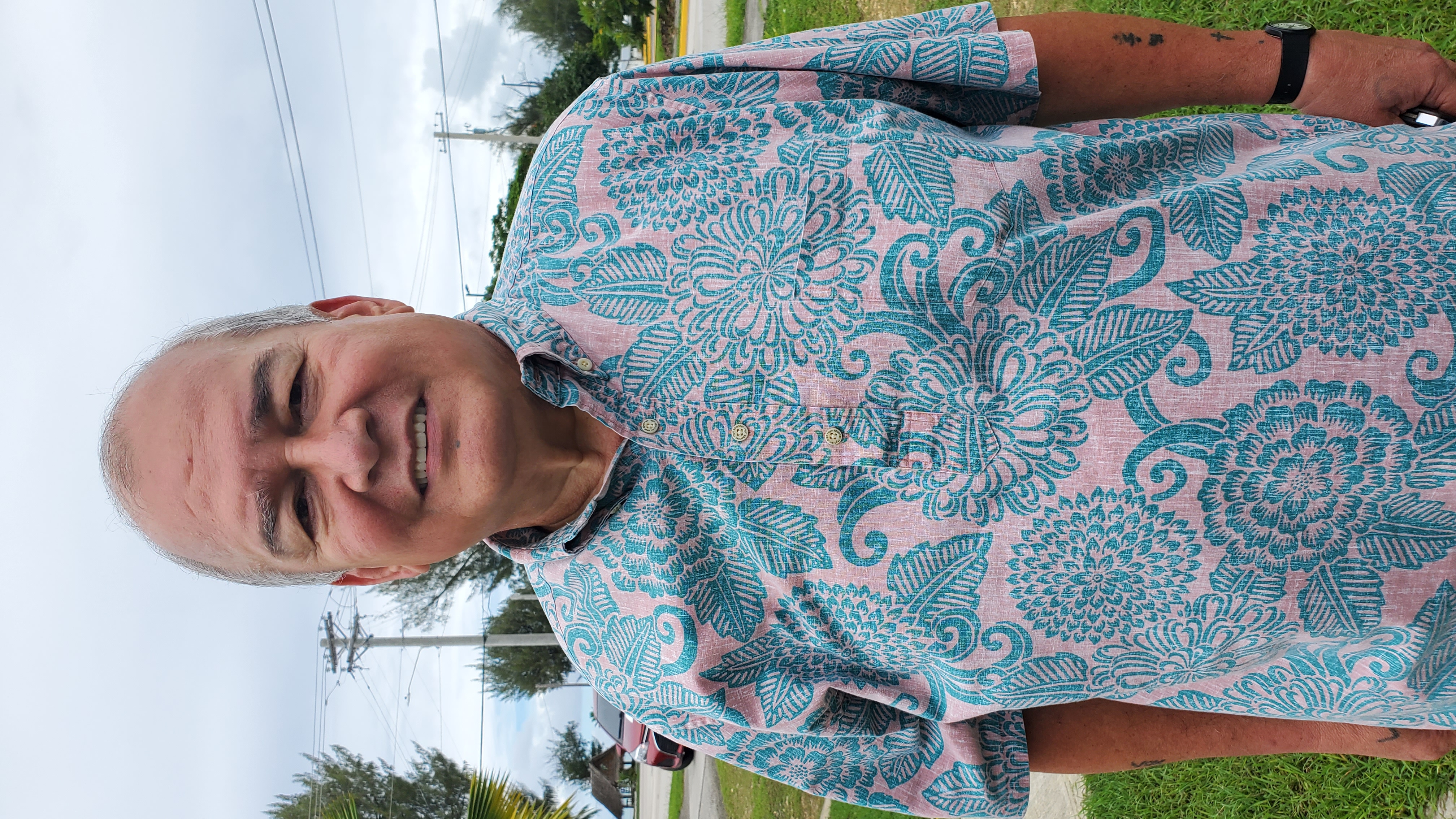Kilili urges Mayorkas to move forward on EVS-TAP
Delegate Gregorio Kilili C. Sablan (D-MP) has urged U.S. Department of Homeland Security Secretary Alejandro Mayorkas to move forward on the rule-making process for the CNMI Economic Vitality & Security Travel Authorization Program for Chinese tourists.
In a letter to Mayorkas last Friday, Sablan said the CNMI EVS-TAP could further the Commonwealth’s goal to work with him and DHS to ensure the integrity of U.S. borders—no matter where tourists or other arrivals to the islands come from.
“Tourism to the Marianas is still emerging from the pandemic quarantine period, but in the long run our islands must reestablish what has traditionally been the mainstay of our economy,” he said.
The proposed EVS-TAP will allow prescreened People’s Republic of China nationals to travel to the CNMI without a visa under specific conditions. This was one of the recommendations of the 902 Consultation special representatives of then-president Donald Trump and then-CNMI governor Ralph DLG Torres last May 15, 2019—the creation of EVS-TAP as a subprogram of the Guam-CNMI Visa Waiver Program.
Sablan said that beginning in the spring of 2020 and continuing through fall of this year, the Unified Agenda of Federal Regulatory and Deregulatory Actions has reported a rule under development to implement such 902 Consultation special representatives’ recommendation.
Although only the abstract is available to him, Sablan said he writes to support the proposed rule in concept and to urge DHS to complete work quickly to allow publication for full consideration.
He noted that the rationale for the EVS-TAP is well documented in the special representatives’ report.
Sablan said in implementing Public Law 110-229, Mayorkas’ predecessor, Janet Napolitano, recognized the importance of maintaining a nascent flow of tourism from the PRC to the Marianas. In November 2009, he said, Napolitano used the secretarial authority of humanitarian parole for this purpose.
As a result and in keeping with the intent of that law to “maximize the Commonwealth’s potential for future economic and business growth,” the economy of the Marianas increasingly benefitted from Chinese tourists paroled in on a case-by-case basis, Sablan said.
The use of parole to accommodate tourism to the Marianas has lately come under criticism. Some members of the U.S. Congress wrote Mayorkas last Nov. 30 to ask DHS to revoke the discretionary parole program that allows it to let Chinese tourists enter the CNMI without a tourist visa. Four U.S. senators and 28 U.S. House members signed the letter dated Nov. 30, 2023.
They expressed concern that the policy “made the islands vulnerable to a plethora of problems, including drug trafficking, illegal immigration, and organized crime” and urged requirement of a B-1 or B-2 visa to enter the Marianas from China.
Sablan said the fiscal 2024 appropriation for DHS that the U.S. House of Representatives had passed specifically bars the use of funds for temporary parole into the Marianas for visitors from the PRC in lieu of a visa.
He said the 902 Consultation special representatives, however, recognized a statutorily authorized alternative that could both address the vulnerabilities of the parole system and maintain the economic benefits to the Marianas of tourism from China, namely the Guam-CNMI Visa Waiver Program.
Sablan said the special representatives recommended a restricted travel authorization program under the authorities of the Guam-CNMI Visa Waiver Program, the EVS-TAP, that would allow travelers from China, but only if subject to electronic screening and vetting prior to entry.
Additionally, the special representatives agreed the U.S. would consider bonding requirements as prescribed by Public Law 110-229 and which the Commonwealth itself instituted when it first entered into an approved destination status agreement with the PRC in 2004.
“The abstract of the proposed rule to establish a CNMI EVS-TAP references these recommendations as its basis,” Sablan pointed out.
On Tuesday, the CNMI Senate adopted a joint resolution authored by Sen. Jude U. Hofschneider (R-Tinian) to request Gov. Arnold I. Palacios to advocate for the increased security of the tourism industry, while promoting economic recovery, through the promulgation of the EVS-TAP for Chinese tourists.
The Hotel Association of the NMI and the Saipan Chamber of Commerce earlier urged CNMI government leaders to back the proposed EVS-TAP, as this, according to the groups, will address the concerns about the discretionary parole program. The Commonwealth Ports Authority and the Marianas Visitors Authority have underscored the need to get back Chinese tourists to revitalize CNMI’s tourism/economy.

Gregorio Kilili C. Sablan
Secretary Alejandro Mayorkas






